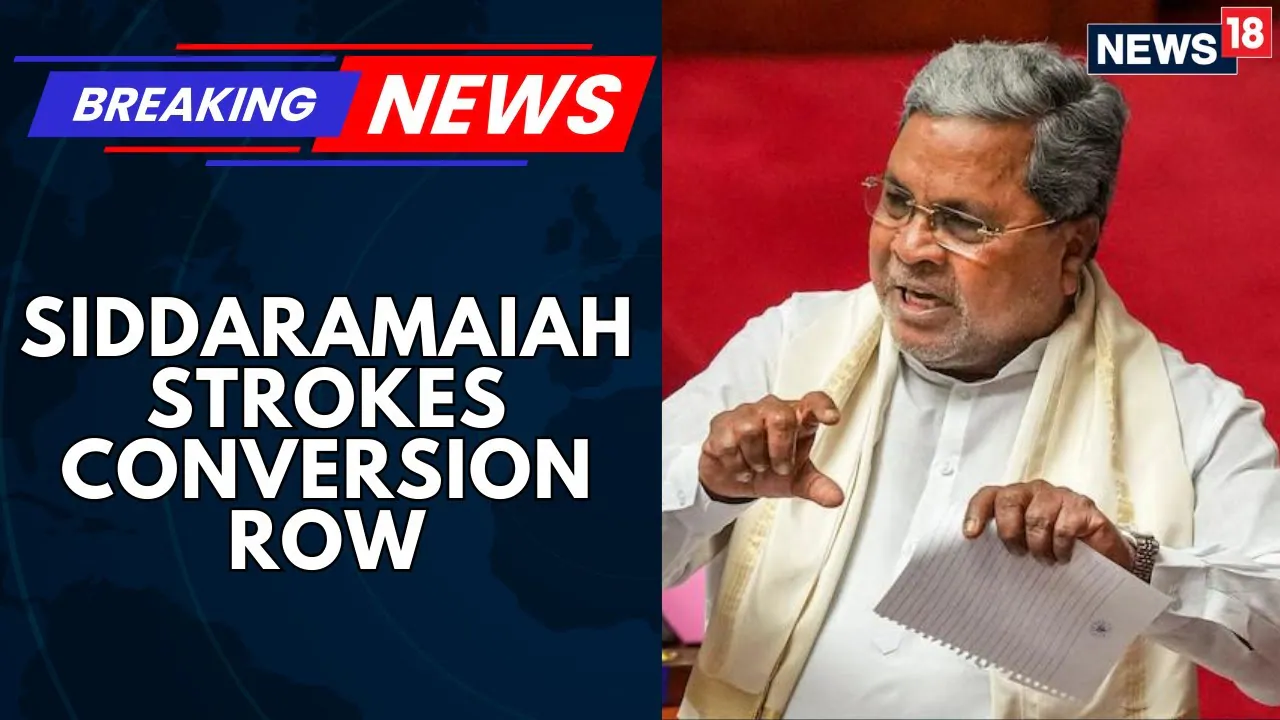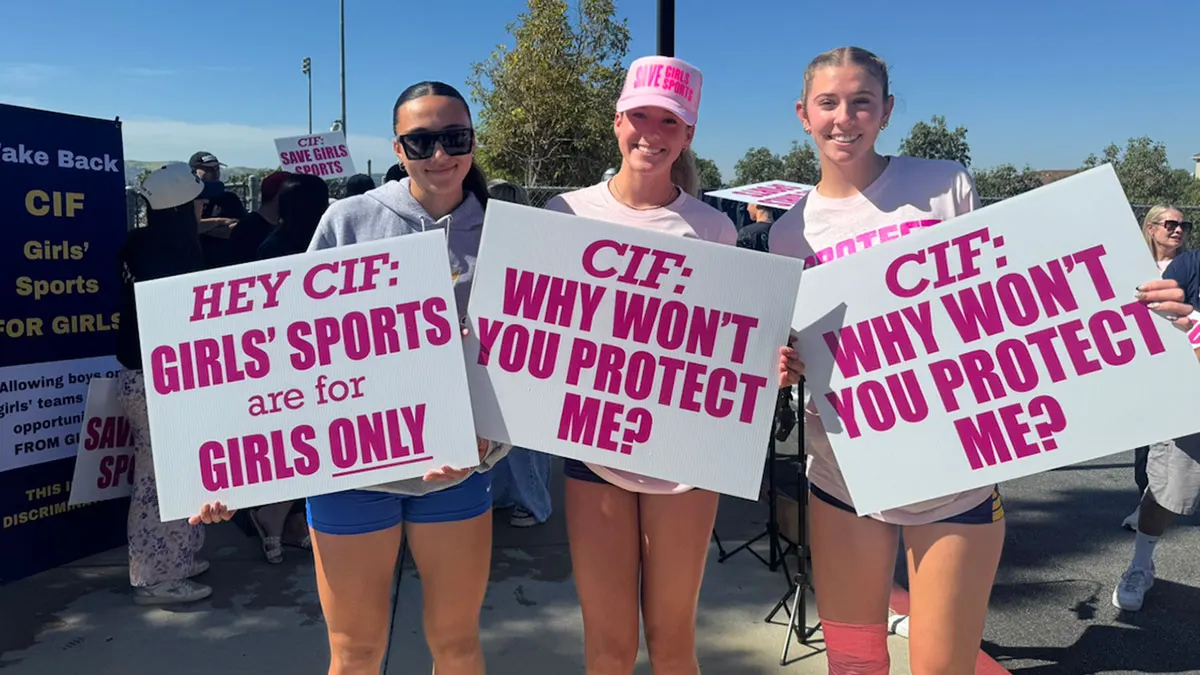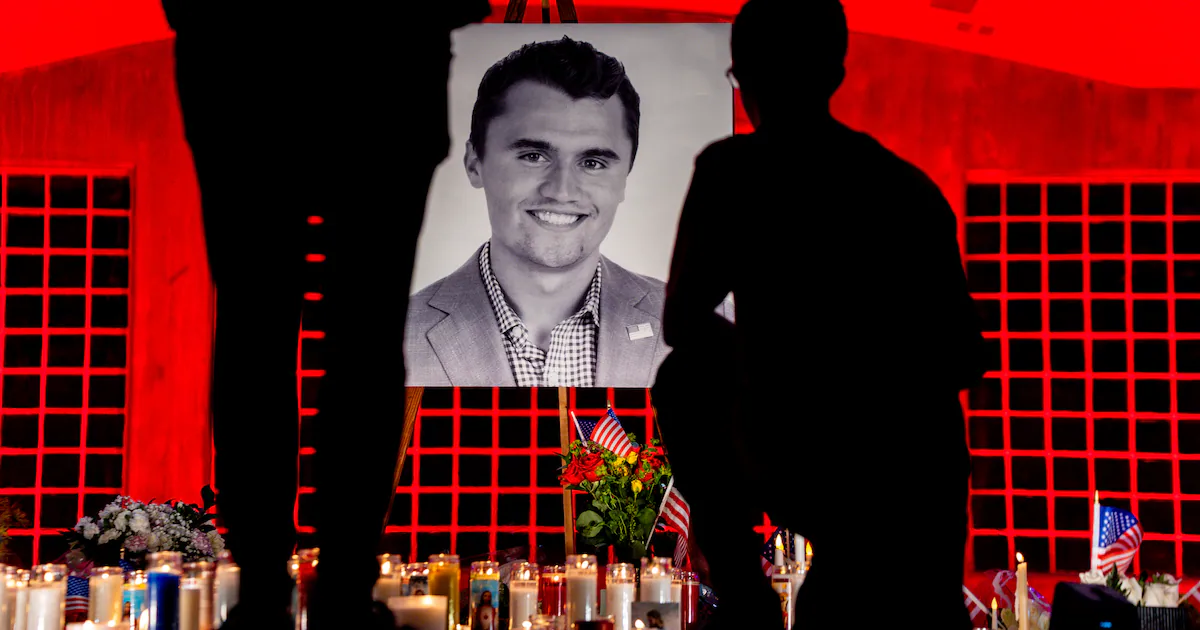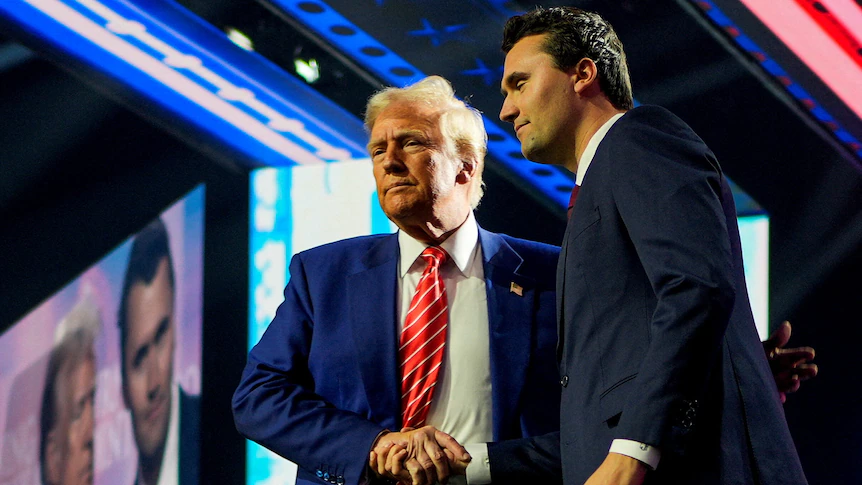By Chibuike Chukwu
Copyright independent
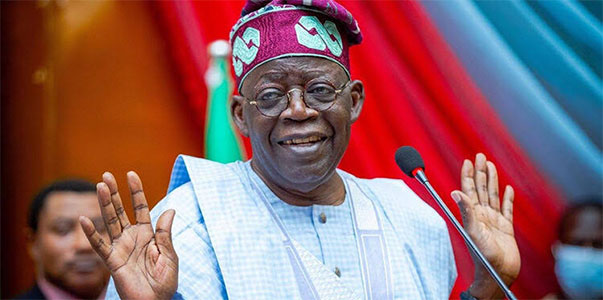
Al Pacino was relatively known before his blockbuster role in the 1997 award winning movie, ‘The Devil’s Advocate’.
In the movie, he played the Devil, who was the owner of a powerful New York law firm and Kevin Lomax’s (Keanu Reeves) employer.
He “played the devil’s advocate” by tempting the young lawyer with wealth, power, and pleasure, tempting him to succumb to greed and vanity, thus becoming a pawn in Milton’s larger schemes. That was despite the fact that he (AI Pacino) understood he was wrong in his approach.
Devil’s Advocate can be used as a method to silence those whose opinions, beliefs, or experiences don’t align with one’s own, typically what Al Pacino and co adopted as a strategy to push their agenda.
It can be used to describe someone who opposes policies and programmes, not because they are wrong but because they fail to align with his belief at that time. It’s also used to portray a character that is always in contrast with realities not emanating from him. A person plays devil’s advocate by taking a position contrary to the prevailing opinion in a discussion to highlight what he feels are potential flaws and test the strength of an argument.
The analysis becomes imperative in the face of the recent 5% fuel tax introduced by the President Bola Ahmed Tinubu administration. Anyone conversant with President Tinubu will readily know that he is one person who understands the importance of taxing the citizens but whether he commensurately deploys same for the development of the state (going by when he was the Lagos State governor) or country (now as the president) has remained debatable and a matter of conjecture.
For instance, under him as the Lagos State chief executive, a company, Alpha Beta, was berthed and its duty was to reasonably tax Lagosians, which government commentators readily said led to massive infrastructural development of the state under him and subsequent alignments after he left office. Hence, those who know the president were not surprised when he, under his tax reform bill as president, came up with a 5% tax on fuel, the very policy he opposed when Obasanjo, as president, attempted to introduce it.
While government spokespersons attempted to deny that Tinubu ever opposed the introduction of tax on fuel under Obasanjo, Rufai Oseni, the celebrated Arise TV anchor, was one of the persons who revealed that the president did threaten to challenge the then president in court over fuel tax.
However, justifying that the president played the Devil’s Advocate’, the outcome of a research conducted by NDRFactCheck showed that in December 2003, President Tinubu, then governor of Lagos State, publicly opposed the Federal Government’s proposed fuel tax, branding it “double taxation” and pledging to challenge its legality in court. Tinubu argued that the fuel tax was unconstitutional, imposing an unfair fiscal burden on Nigerians already taxed at multiple points.
However, according to the then Federal Government, the proposed levy was intended to fund the Federal Road Maintenance Agency (FERMA) for the maintenance of roads, and it sparked significant backlash from Tinubu and several state governors who viewed it as excessive and unjust. Tinubu urged resistance, asserting that fuel tax authority rested only with the state governments and that imposing an additional federal tax amounted to economic oppression of the citizenry.
Surprisingly, while Tinubu was actually taxing Lagosians which government sources said was for the infrastructural development of the state then as governor, he opposed the same from the Federal Government and analysts have questioned what has changed now as the president has come out with tax regimes which include 5% fuel tax.
The president, then as governor, cited the excruciating pain Nigerians were going through that should warrant the then Federal Government to play down on the fuel tax issue. Unfortunately, today’s Nigeria has seen Nigerians living out their worst economic pains.
In all honesty, Tinubu has and should be commended for his tax reforms which seek to make states more productive with target incomes. The tax reform bills have received wider accolades but in terms of living conditions today compared to 2003 when Obasanjo pushed for the petroleum bill and was vehemently opposed by then Governor Tinubu, Nigerians are undergoing astronomical hardship and their situations very concerning.
Nigeria’s inflation rate hovered around 13.09 in 2003 and it was dependent on so many factors like food and energy availability.
Besides, the economic team then came up with a couple of policies like the National Economic Empowerment and Development Strategy (NEEDS), which ensured stability in the economy and stabilised inflation.
Despite all these, there were pockets of shocks in the economy but compared to today where the inflation, with headline rates falling to 21.88% by July 2025, down from a peak of around 34.8% in January, arguments can be put up on why certain stakeholders are urging Tinubu to shelve the idea of 5% tax on fuel.
In today’s Nigeria, economic hardship has persisted due to high food costs, insufficient social safety nets, and underlying structural challenges.
While the economy is presently projected to grow, inflation and poverty levels remain significant concerns for households and businesses, and in the midst of all these, if Tinubu can come up with 5% fuel tax, analysts have questioned why he played the devil’s advocate when similar projection was made by former President Obasanjo.
Tinubu’s fuel tax is part of the newly signed Nigeria Tax Administration Act, one of four tax reform bills he signed into law on June 26, 2025.
The regulation requires that the surcharge be applied to every supply or sale of refined fossil fuel products in Nigeria, whether locally produced or imported, with the money collected at the point of sale. Cleaner fuels such as renewables, household kerosene, cooking gas (LPG), and compressed natural gas (CNG) are exempted.
The relevant provisions of the Nigeria Tax Administration Act spell out how the levy will work: Section 159: A five per cent surcharge is imposed on chargeable fossil fuel products provided or produced in Nigeria, to be collected at the time of supply or sale; Section 160: The surcharge is calculated based on the retail price of petrol and diesel; Section 161: The Minister of Finance must publish the commencement date in the official Gazette before collection begins and Section 162: The surcharge does not apply to kerosene, LPG, CNG, or renewable energy sources.
In yet another brazen scenario where the president played the Devil’s Advocate, Tinubu mobilised against Jonathan over removal of fuel subsidy. It started in January 2012, when the administration of Dr. Goodluck Jonathan began the implementation of the removal of petrol subsidy.
Tinubu, as the national leader of the opposition Action Congress of Nigeria (ACN), condemned the removal, calling it “Jonathan tax” and accused the former president of breaching his social contract with the people. He noted that with the subsidy removal, the people would become “enslaved to greater misery.”
It didn’t end with Tinubu as former President Muhammadu Buhari, in his capacity then as the leader of the opposition Congress for Progressives Change (CPC), was also fully against the removal of petrol subsidy. He said that the subsidy did not exist but was only a smokescreen for corruption. Buhari reportedly said: “Nigerians are being deceived on the issue of fuel subsidy,” he said then.
He continued; “The Federal Government takes out fuel for refining, only to come back and talk about removing the subsidy. That is nonsense and an attempt by a clique within the PDP-led Federal Government to siphon the proceeds to be realised from the removal of oil subsidy.”
The two chieftains of the then opposition elements, Buhari and Tinubu, fully aligned and supported the protest, tagged, ‘Occupy Nigeria’ in different parts of Nigeria for many days.
The protests that trailed Jonathan’s attempt at removing the subsidy on petrol turned into a carnival for the opposition parties, led by both Tinubu and Buhari. Particularly in Ojota, Lagos, the protest turned into a carnival, with different musicians and celebrities performing and calling out the former president.
They took their turns to lambast the administration of Jonathan as insensitive and out-of-touch with the masses. Different personalities spoke at the rally, hitting hard on Jonathan.
It is believed that the seed of the merger of Tinubu’s party (the Action Congress of Nigeria), Buhari’s party (Congress for Progressives Change) and the All Nigeria People’s Party (ANPP) was sown during that protest against Jonathan’s removal of the petrol subsidy.
About one year later on February 6, 2013, the key opposition parties merged under the umbrella of the All-Progressives Congress. That merger succeeded in ousting the People’s Democratic Party at the next election in 2015.
However, when Buhari assumed office in 2015 as president, to the shock and embarrassment of many Nigerians, he continued with the same subsidy he had claimed did not exist. Not only did he continue its implementation, he even spent much more money on subsidies than his predecessors that he condemned.
On his own, the now celebrated, albeit infamously, President Tinubu’s inauguration day ‘Subsidy is Gone’ pronouncement led (and still leading) to increased costs for fuel, transportation, and goods, leading to higher inflation and poverty. Businesses face reduced demand and potential shutdowns (as so many have already shut down), causing job losses, especially in the informal sector.
While the removal attempts to reduce fuel smuggling and free up government revenue for development, the immediate consequences remained severe economic hardship and increased social problems like mental health strain for vulnerable populations.
The inauguration day pronouncement, commentators have argued, showed that Tinubu fully understood the import of removing fuel subsidy but chose to play the Devil’s Advocate simply because he was in opposition and wouldn’t see anything good from the then Federal Government.
“He understood the essence of removing fuel subsidies but it was partisanship that fueled the protest,” says Barrister Ifeanyi Anya, a human rights lawyer based in Aba.
Since that pronouncement, Nigerians feel that the president had played double face, even as some said he should openly apologise to former President Goodluck Jonathan.
For instance, founder of Stanbic IBTC Bank Plc and Anap Foundation, Atedo Peterside, called on Nigerians opposed to the removal of fuel subsidy in 2012, including President Tinubu, but now fully support the current move withdraw it to apologise to those who took the decision 11 years ago.
He added that Okonjo-Iweala, Peter Obi and other members of the 2012 economic team were ‘chastised’ over the policy which its opponents are now pushing.
He said in a tweet; “The petrol subsidy removal is complicated by the fact that some liars who held sway in 2012 are now singing a different tune in 2023. They should apologise to @GEJonathan @PeterObi @NOIweala & others in the 2012 Economic Team and beg Nigerians for forgiveness so we can move forward, ”Peterside said.
Others feel that the politics of playing the Devil’s Advocate is one that should not be condoned.
In what looks like tasting his own medicine, the president has come under criticism since the mention of the fuel tax.
For instance, the Trade Union Congress has threatened to call a nationwide strike within two weeks if the Federal Government fails to scrap the proposed 5% tax on petroleum products.
Also, the organised private sector has rejected the move by the government to introduce the 5% surcharge on fuel, stressing that it would worsen inflation nationwide if implemented.
The announcement by the Trade Union Congress (TUC) came after days of speculation that the surcharge could take effect in January 2026. The rumour quickly set off public panic in a country where changes in fuel pricing often trigger unrest.
In what also looked like giving up under pressure, Tinubu’s tax committee pushed back, saying no start date had been set and stressing that only the finance minister had the authority to decide when, or if, the measure would be implemented.
However, the TUC insisted; “The proposal is economic wickedness that would compound the struggles of ordinary Nigerians,” TUC president, Festus Osifo and secretary N.A. Toro said.
“The government cannot continue to use Nigerians as sacrificial lambs for its economic experiments. Instead of offering relief, jobs and solutions, it has chosen to further squeeze citizens dry. This is unacceptable,” the union leaders added.
The TUC warned that it had begun mobilising its affiliates, state councils and allied groups, including civil society organisations, professional associations, student unions, market leaders and faith-based groups, for “total nationwide resistance” if the government pressed ahead with the levy.
The union added that strike was firmly on the table if Abuja failed to heed its warning, saying Nigerians deserved economic justice rather than “endless punishment. The levy, when implemented, will apply to fossil fuels such as petrol and diesel but exclude cleaner alternatives like cooking gas, compressed natural gas, kerosene and other renewable energy sources.
“Enough is enough,” the union statement said. “Nigerians deserve economic justice, not endless punishment.”
However, while defending the government, some sections of the population feel that the bill is not new and that the president was merely calling back what had been in place.
They said the tax provision is not new. It was first introduced under the Federal Roads Maintenance Agency Act of 2002, which created FERMA as a statutory body responsible for monitoring and maintaining federal roads.
On a broader note, some Nigerians have generally criticised Tinubu’s policies as not working to help Nigerians. To some citizens, the president’s policies are eroding the middle class in the country while deepening hardship among the lower class.
Human rights lawyer, Femi Falana, is one of those who believe the president should go back to the drawing board.
Falana noted that despite the president recently acknowledging the economic hardship faced by citizens, his policies have further deepened poverty.
“I have seen the President ask APC governors to ‘wet the ground’ more, but as far as the masses of our people are concerned, things are getting tougher by the day because of the harsh economic crisis in the country, which the president recognises,” he said on Channels Television’s Politics Today.
“Because of the religious implementation of neoliberal policies by the government, poverty is on the ascendancy. That will require a review of these policies,” he said.
“The government must go back to the drawing board and review each of these policies, especially those pushed by the IMF and World Bank, in the interest of Nigerians. It is in the interest of the government to review its policies as soon as possible,” he stated.
